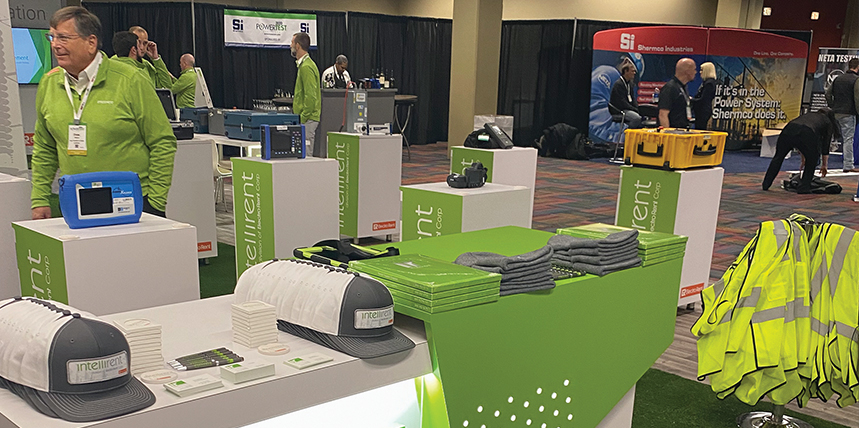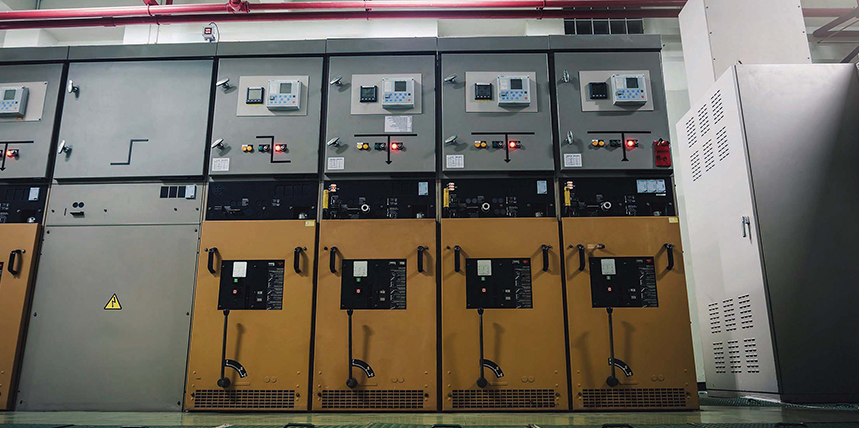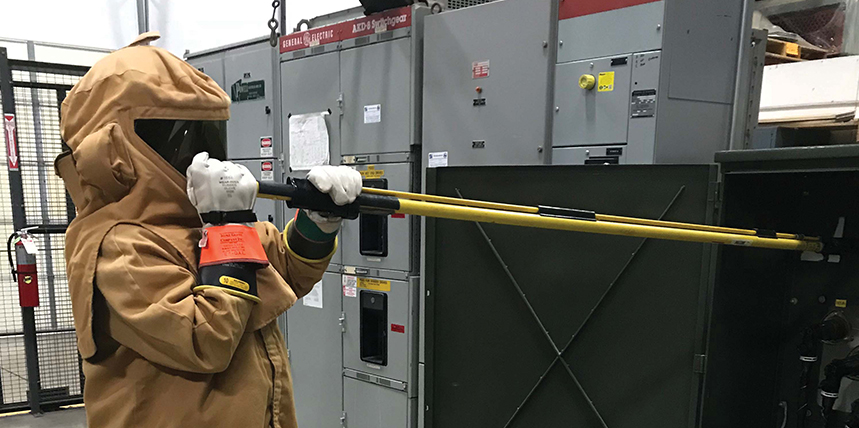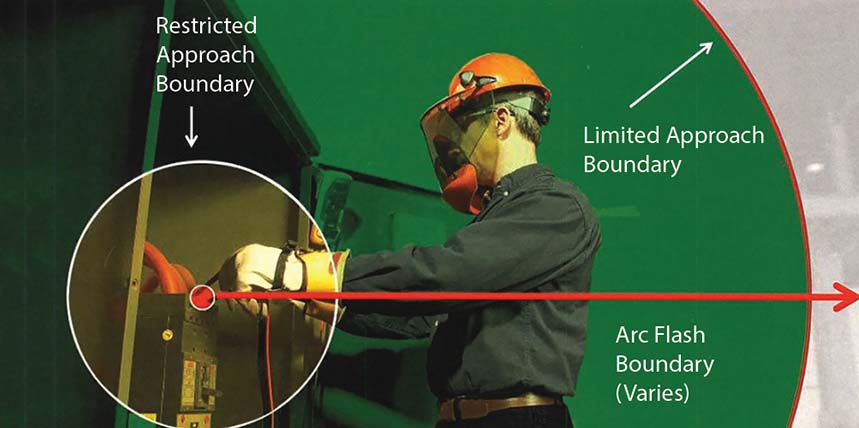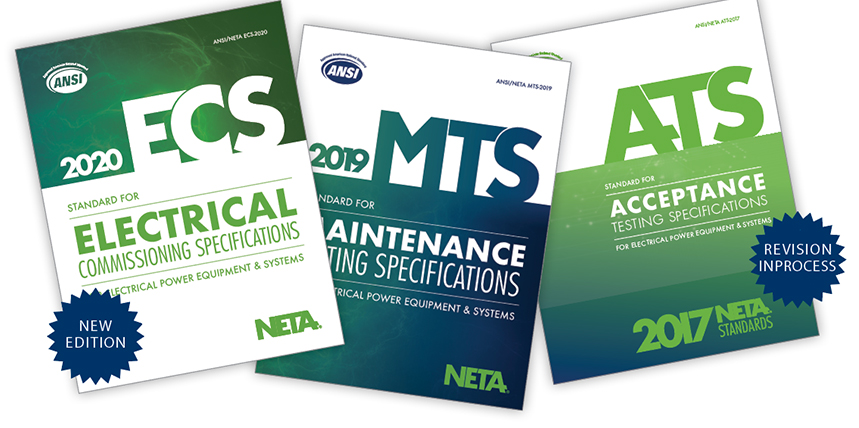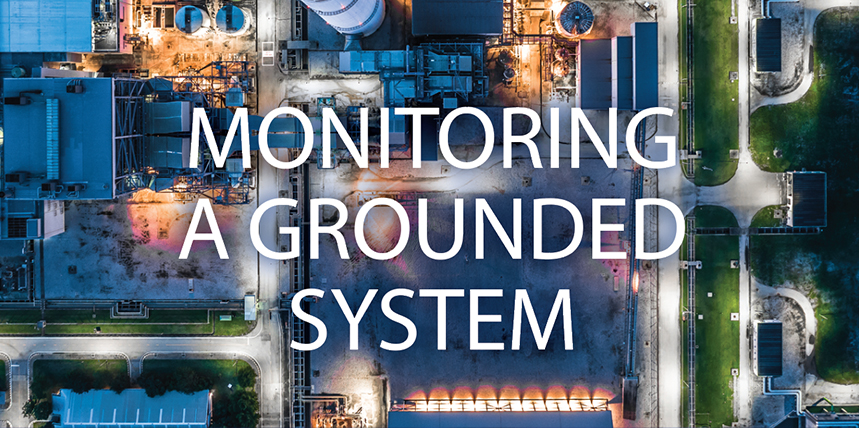The proven advantages of digital technology for power system protective relays are now commonplace in the power producing and delivery industry. Digital relays provide unsurpassed reliability and extended capabilities at an economical cost. However, keeping pace with the testing and commissioning requirements of these devices has proven to be a challenge for both protective relay engineers and technicians. Although testing …
Intellirent: Logistics, Training, Support
NETA Corporate Alliance Partners (CAPs) are a group of industry-leading companies that have joined forces with NETA to work together toward a common aim: improving quality, safety, and electrical system reliability. In our CAP Spotlight series, we look at what makes CAPs special and highlight some of their individual successes. In this issue, NETA World interviews Drew Welton, intellirent’s Vice …
Best Practices for Safe Return to Service Following Maintenance Outage
Returning electrical equipment to service after a planned maintenance outage creates a unique set of hazards. Facility managers are under stringent time constraints when taking a system out of service, performing necessary maintenance tasks (as well as making unanticipated repairs), and returning the system to service. Common, real-world factors may place workers at great risk as the system is returned …
Fight COVID-19 with PPE
It was great seeing everyone at PowerTest 2020 in Chicago! On behalf of the NETA Board of Directors, we thank our sponsors, Corporate Alliance Partners, and trade show vendors, and applaud the hard work and dedication of the NETA Staff who help make PowerTest successful. In this NETA World, we look at NFPA 70E‐2018 requirements for labeling electrical equipment for …
Using NFPA 70E to Determine Shock and Arc Flash Boundaries
The 2018 edition of NFPA 70E is still active, even though many people are looking forward to a new edition in 2021. The 2021 edition will be released to the public in late September or early October, first in pdf form, then as a printed document. Until that release, the current edition must be referenced. Shock Boundaries Shock remains the …
ANSI/NETA Standards Update
ANSI/NETA ECS–2020 Revision Completed ANSI/NETA ECS, Standard for Electrical Commissioning of Electrical Power Equipment & Systems, 2020 Edition, completed the American National Standard revision process. ANSI administrative approval was received on September 9, 2019. ANSI/NETA ECS–2020 supersedes the 2015 Edition. A project intent notification published in ANSI’s Standards Action on May 18, 2018, announced the intent to revise the standard. …
A Reliable Plant Is a Safe Plant
If you ask anyone in a plant environment who is responsible for safety, the answer will almost always be “Everyone.” If you ask the same question about reliability, however, the response is quite different. You’ll see finger pointing, uncertainty, and an alarmingly consistent response of “Someone else.” This needs to change. The answer needs to be as clear for reliability …
PowerTest 2020: New Product Forum
A–Rent Test Equipment www.a-rent.com SmartFleet A-Rent is a new provider of electrical test equipment rental started in 2019. Our multi-million-dollar fleet is the youngest in the industry. We offer typical short-term and long-term rentals, plus we’re launching an innovative new service called SmartFleet. SmartFleet combines the convenience and flexibility of rental with the tax and financial benefits of owning equipment. Talk with …
Doble: Ensuring Safe and Reliable Power for Nearly a Century
NETA Corporate Alliance Partners (CAPs) are a group of industry-leading companies that have joined forces with NETA to work together toward a common aim: improving quality, safety, and electrical system reliability. In our CAP Spotlight series, we look at what makes CAPs special and highlight some of their successes. In this issue, NETA World interviews Alex Salinas, Doble’s Director of …
Monitoring a Grounded System
Electrical faults cause enormous damage due to fires and loss of equipment. But of far greater importance is the danger to human life through electrocution. Ground faults in particular pose the risk of death because a human is generally at ground potential, thereby providing an alternate current path. It takes only about 5 mA to cause a shock, and as …



